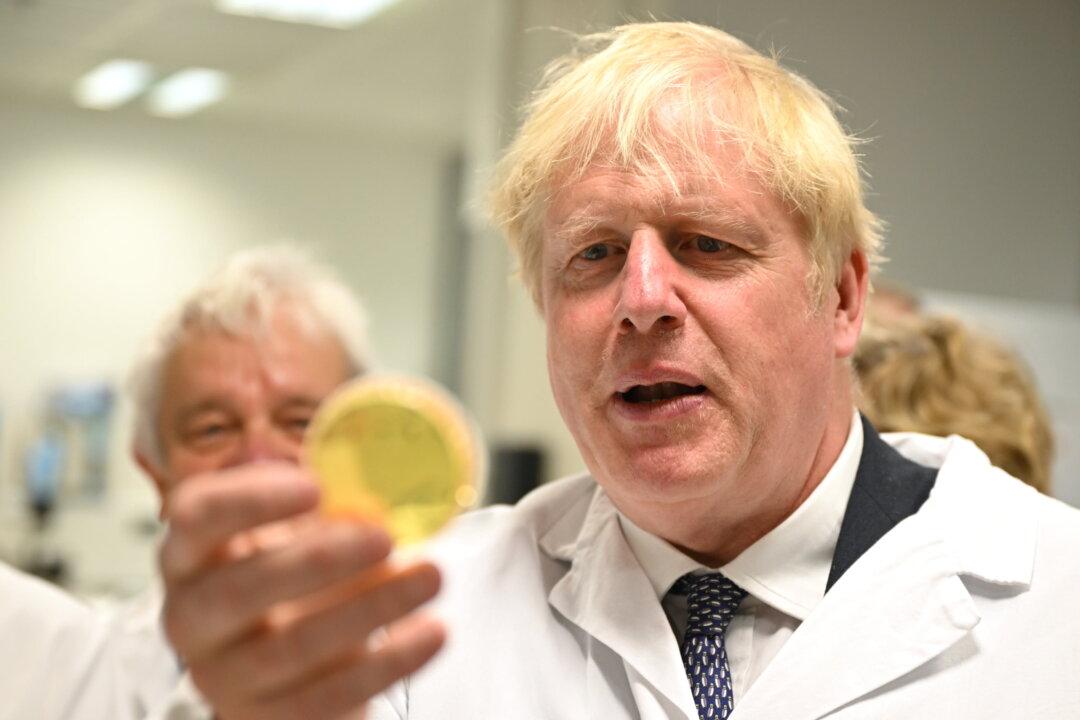Britain’s outgoing Prime Minister Boris Johnson on Monday refused to comment on candidates vying to succeed him and suggested his support may be damaging.
Johnson was forced to resign on July 7 following a series of political blunders that culminated in the mass resignation of his Cabinet, including senior ministers who are now competing to replace him.





